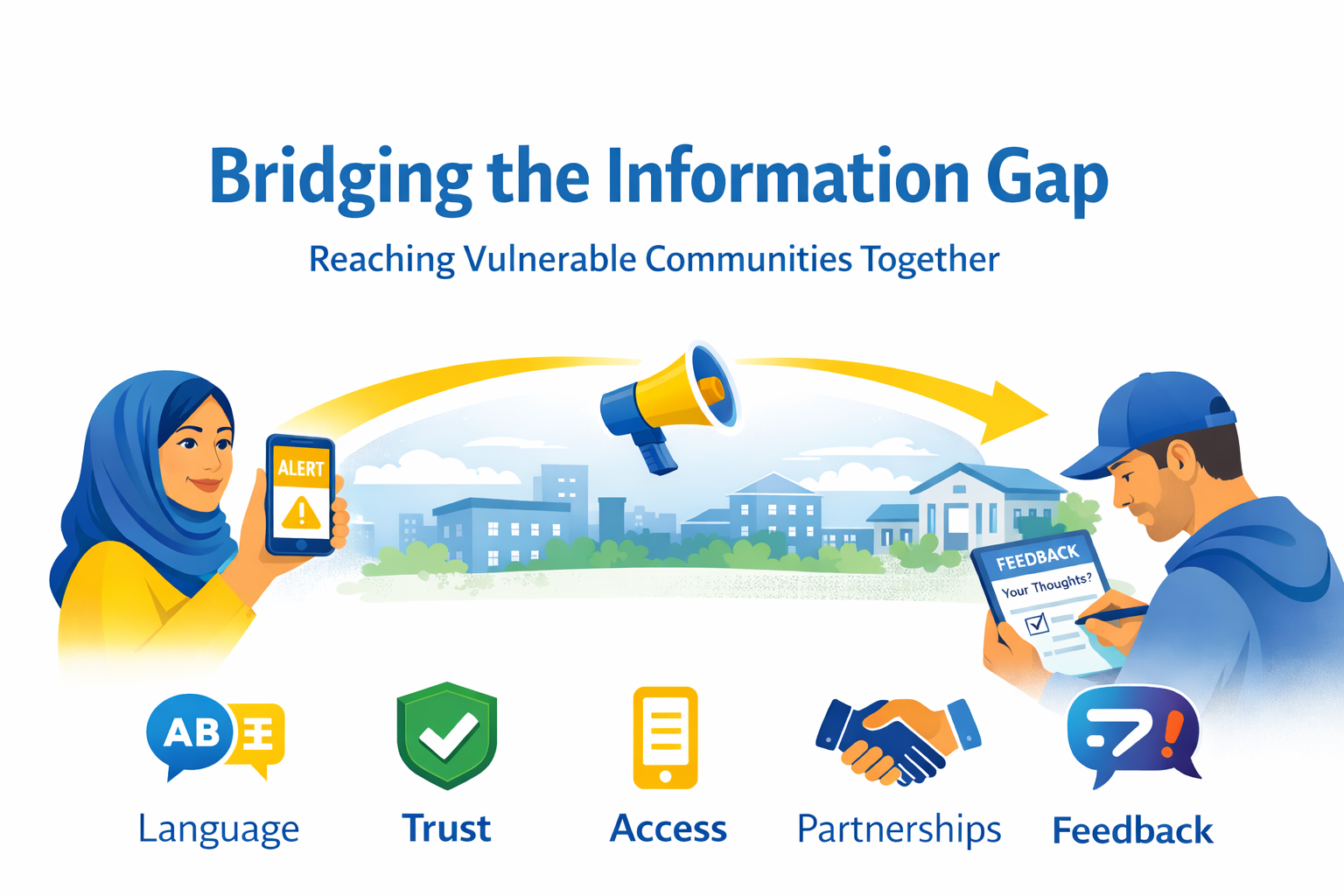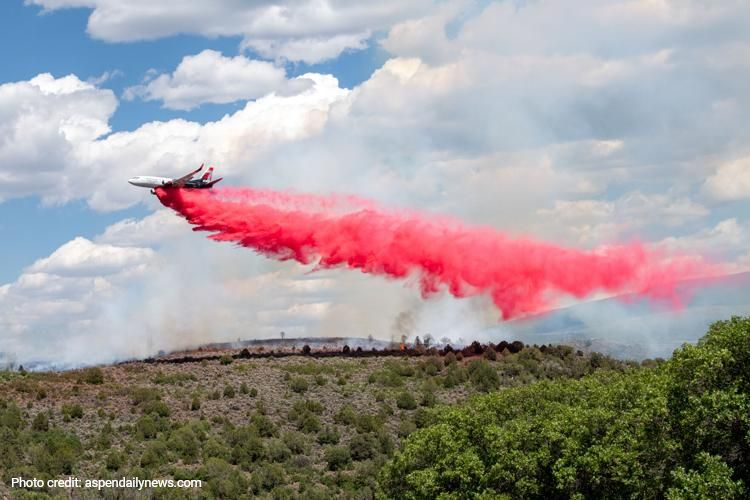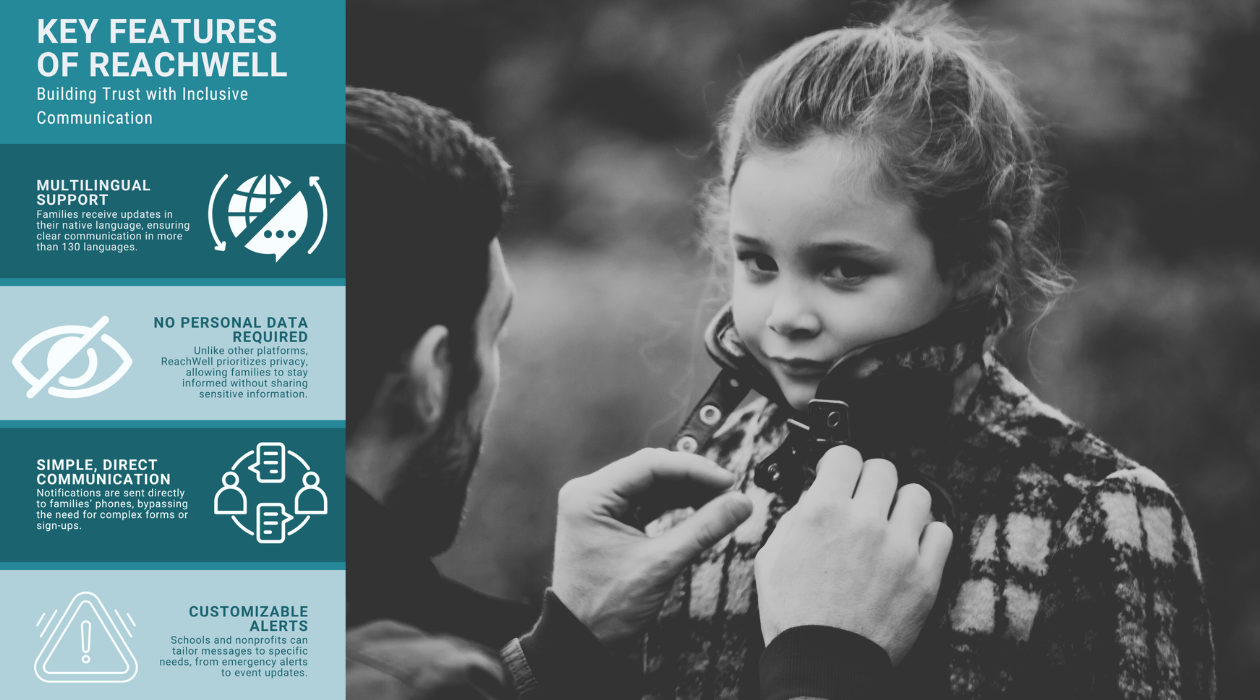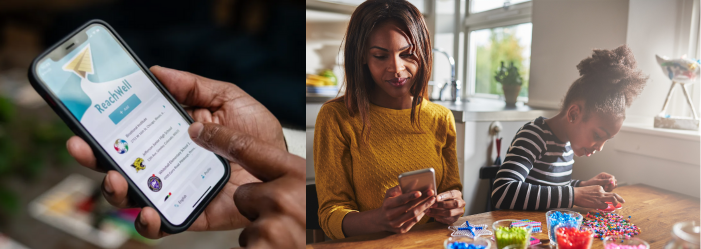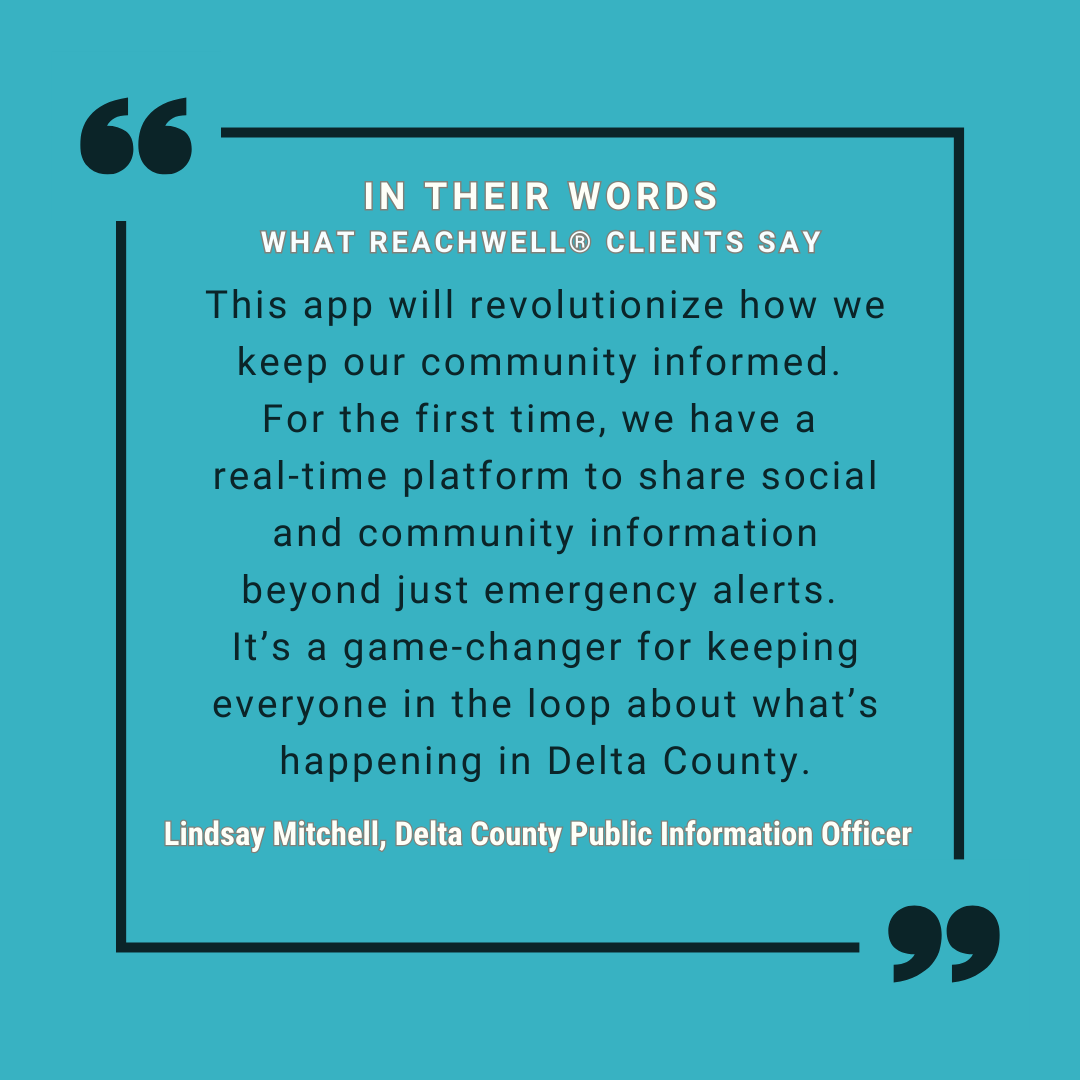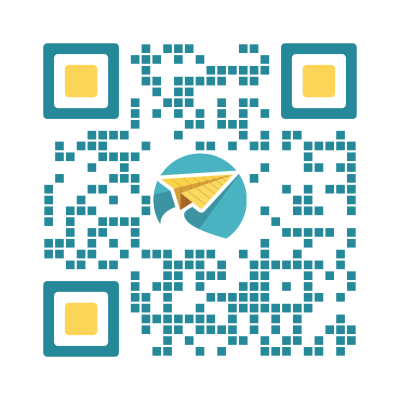Bridging Gaps: The Power of Understanding Languages in Community Leadership
On average, ReachWell® identifies 25% more languages in a community after only a few months.
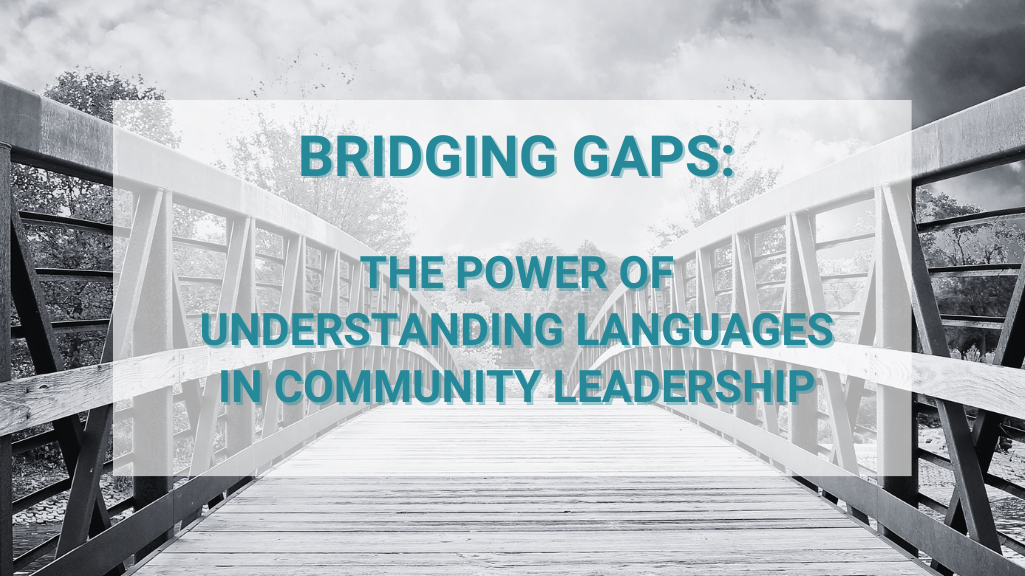
In the ever-evolving landscape of education, non-profits, and agencies, effective leadership requires a deep understanding of the communities served. One often underestimated aspect of community engagement is the diversity of languages spoken within it. The ReachWell® app, with its innovative language report, now offers leaders of schools, agencies, and non-profits a groundbreaking tool to uncover the rich linguistic tapestry of their community.
For leaders who have struggled in the past to identify the languages spoken by families in their community, the ReachWell® app provides a game-changing solution. Traditional methods may fall short, but our app goes beyond boundaries to capture the essence of linguistic diversity. On average, ReachWell® powerful analytics deliver actionable insights after a few months, identifying 25% more languages in a community. For example, if organizational leadership thought 12 languages were used within their community, our analytics show 15 languages being used to receive information through ReachWell®. Once you
know someone's preferred language, then you can begin to take your work to the next level.
Here's how leaders can benefit from learning all the languages spoken in their community:
List of Services
-
Foster Inclusivity and ConnectionList Item 1
Understanding the languages spoken by community members fosters inclusivity. When leaders make an effort to communicate in the languages familiar to their audience, it sends a powerful message of respect and inclusion. This approach breaks down communication barriers and establishes a sense of connection, ultimately fostering stronger relationships with families and stakeholders.
-
Tailor Communication StrategiesList Item 2
A one-size-fits-all communication strategy often misses the mark. The ReachWell® language report empowers leaders to tailor their communication strategies based on the languages prevalent in the community. This personalized approach ensures that important information, announcements, and updates reach every corner of the community, maximizing engagement and participation.
-
Enhance Educational and Outreach ProgramsList Item 3
For schools, agencies, and non-profits, successful programs hinge on effective communication. By knowing the languages spoken by families, leaders can design educational and outreach initiatives that resonate with members of all communities. This not only increases the impact of these programs but also facilitates better collaboration and participation.
-
Addressing Cultural SensitivitiesList Item 4
Language is intrinsically tied to culture. By gaining insights into the languages spoken, leaders can better navigate and understand the cultural nuances within the community. This awareness enables leaders to approach issues with cultural sensitivity, avoiding inadvertent misunderstandings and creating a more harmonious environment.
-
Maximize Resources and Support
Knowing the languages spoken in the community helps leaders allocate resources more effectively. Whether it's deploying translation services, creating multilingual materials, or organizing language-specific support groups, leaders can ensure that resources are targeted where they are most needed, maximizing their impact.
You don't know what you don't know, until you have ReachWell® reporting driving results. The ReachWell® app's language report is a valuable asset for leaders in schools, agencies, and non-profits. By unlocking the diverse linguistic landscape of their community, leaders can build bridges, foster inclusivity, and tailor their approach to better serve and engage the families they support. In a world where communication is key, understanding the languages spoken is a powerful tool for effective and impactful leadership.
Unlock Community Insights with ReachWell®: Transform Engagement Challenges Today!
Interested in learning more about how ReachWell® can provide insight into your community engagement challenges in your community?




